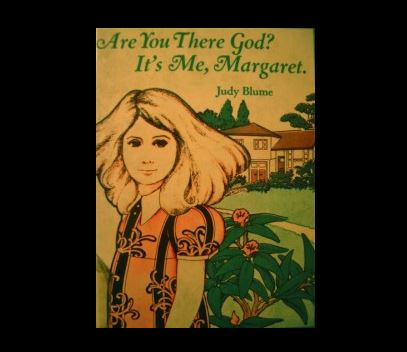Kevin Lewis compiles Findings: A Daily Roundup of Academics Studies for National Affairs, each day’s Findings having a common thread. For July 30th the compilation was titled Salt of the Earth, and the thread was religion. Here’s one of the items on college students and religiosity change.
Are You There God? It’s Me, a College Student: Religious Beliefs and Higher Education
Wesley Routon & Jay Walker
B.E. Journal of Economic Analysis & Policy, forthcomingAbstract:
Drawing data from a longitudinal survey of college students from 514 institutions of higher education, we add to the discussion on the education–religion puzzle by providing information on specifically which college students experience the most religiosity change, investigating multiple change measures (conviction strength, service attendance, and religious identity), and estimating which programs of study and collegiate experiences cause the most change. We also provide an analysis of students who seek or initially sought an occupation within the clergy. Among our findings, 56% of students report changes in the strength of their religious convictions during college, while 45% report changes in religious service attendance frequency. Of those who matriculate as religious, about 9% lose their religion by graduation. Of those who matriculate with no religious identity, an impressive 33% graduate with one. Choice of institution, major of study, academic success, and many other collegiate experiences are shown to be determinants of these changes.
Implications for the church?
Among the other studies making the list,
Modern Marital Practices and the Growth of World Christianity During the Mid-Twentieth Century
Anneke Stasson
Church History, June 2015, Pages 394-420Abstract:
Studies concerned with modernity, mission Christianity, and sexuality generally address how western, Christian gender ideologies have affected women or how they have affected modernization. This article approaches the nexus of modernity, Christianity, and sexuality from a different angle. One of the notable consequences of modernization was that young people in industrializing nations began demanding the right to choose their own spouse and marry for love. Several scholars have noted the connection between modernization and spouse self-selection, but none have explored the relationship between Christianity’s endorsement of spouse self-selection and its global appeal during the mid-twentieth century. This article examines a collection of letters written by young Africans to missionary Walter Trobisch after reading his popular 1962 book, I Loved a Girl. These letters suggest that Christianity’s endorsement of spouse self-selection and marrying for love gave it a kind of modern appeal for young people who were eagerly adopting the modern values of individualism and self-fulfillment. The practice of prayer provided relief to young people who were struggling to navigate the unfamiliar realm of dating in the modern world.
(Emphasis is added in both abstracts.)

